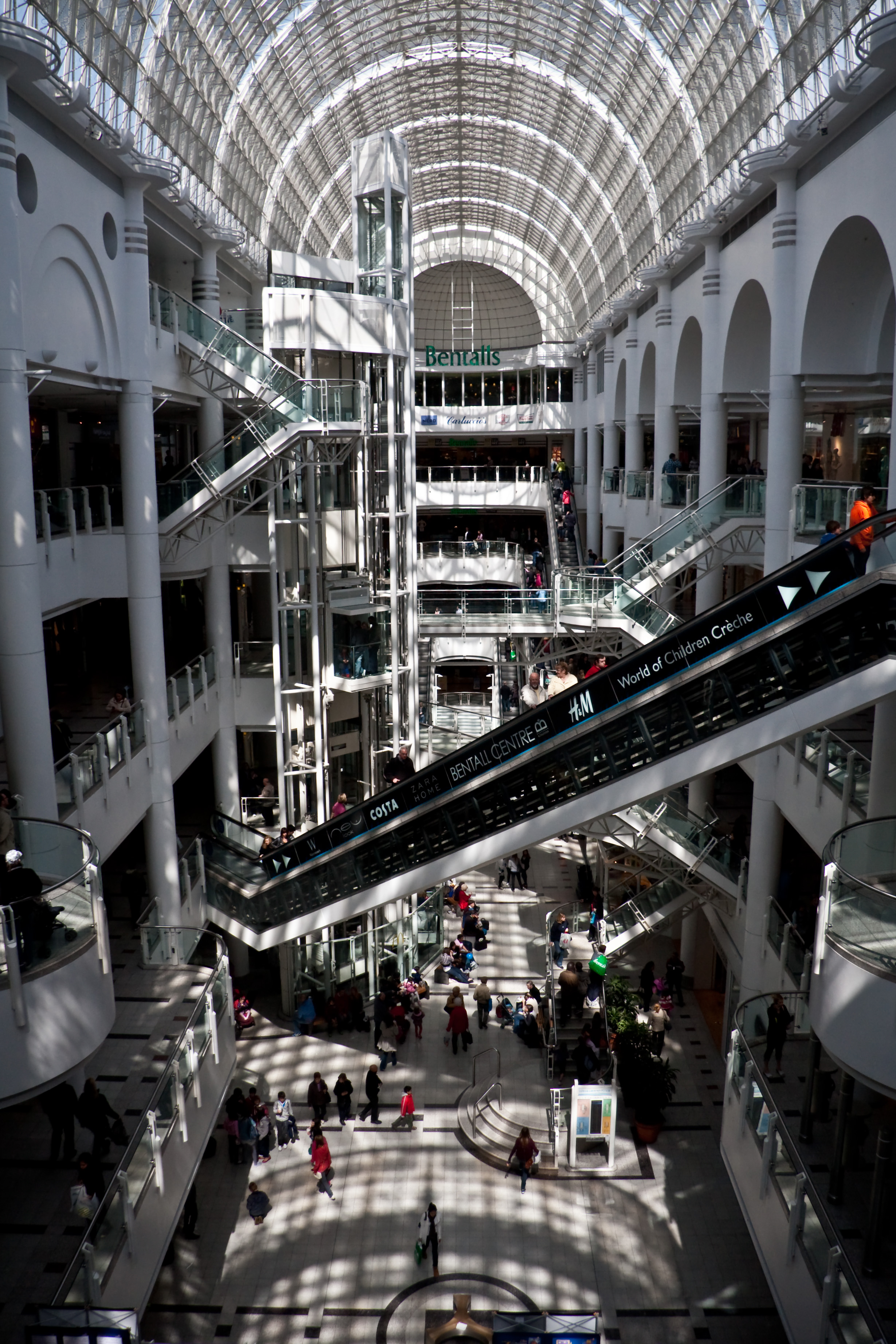If you think that the Internet is the way to revive democracy then look away now. You probably won't like this one.
- Agora literally means 'gatheing place' (agoraphobic comes from this and actually means fear of public places not open spaces)
- It was at the centre of many ancient Greek cities including Athens during the height of its democracy
- It was the city's central square which often had public buildings around the outside and hosted markets as well as political activity
- It was the place to come and deliberate, shop, see entertainment, argue or just be seen
- It was the place where trials could take place, political speeches made and new laws declared
- People who didn't go to the agorae were idiots - this is where the word comes from
- Politics is not a separate activity. Politics, law and commerce all take place in one physical space, sometimes at the same time. (Compare this with many cities in the UK today where council chambers are housed in building away from city centres and where shopping centres are devoid of (more or less) all political activity). At a personal level people don't have separate identities as citizens or as consumers so why should these things be catered for separately by society?
- Political activity is open and in public. Law making assemblies meet in full view of people going about their normal everyday business. You don't have to make a special effort to see politics in action - it will just be there in front of you. 'Speak to my councillor' would be on the shopping list just below 'batteries' and just above 'socks'.
- Interaction and deliberation are face to face. Non verbal communication is very important for human communication and so communication concerned with democracy and decision making should not be conducted without it. Citizenship needs face to face deliberation.
... many theorists are skeptical of the power of online deliberation. With the exception of Walther's (1992) social information processing theory, most other communication theories suggest that online discussion will be less effective than face-to-face discussion. Traditional social presence theory (Short, Williams, & Christie, 1976) asserts that communication is most effective when nonverbal cues are present.
From the this perspective, the challenge of democracy is one that needs to be taken up by urban planning and political geography. It means taking a new look at city centres and shopping centres and weaving in spaces for council committees to meet, for councillors to have their surgeries and for council officials to have their offices. These political spaces should either be completely open or, at worst, behind glass. It means providing places where people can stand on soap boxes and make their arguments, set up stalls to support their campaigns or just meet with other folk to debate the issues of the day. Of course all this takes place in the middle of shopping, eating and entertainment in the thriving centre of the urban space.
Hence reviving democracy is a challenge of design and planning. Not so much designing out crime as designing in democracy. Ensuring local politics takes place in a constant stream of human contact and interaction.
One footnote to this is that this new (old) vision of the city might actually help with a problem caused by the Internet - namely the pressure placed on city centre retail by online shopping.
I have also noticed that the Welsh word agored means 'open', I'm not sure whether that is connected, but I'd like to think it is.
One footnote to this is that this new (old) vision of the city might actually help with a problem caused by the Internet - namely the pressure placed on city centre retail by online shopping.


No comments:
Post a Comment